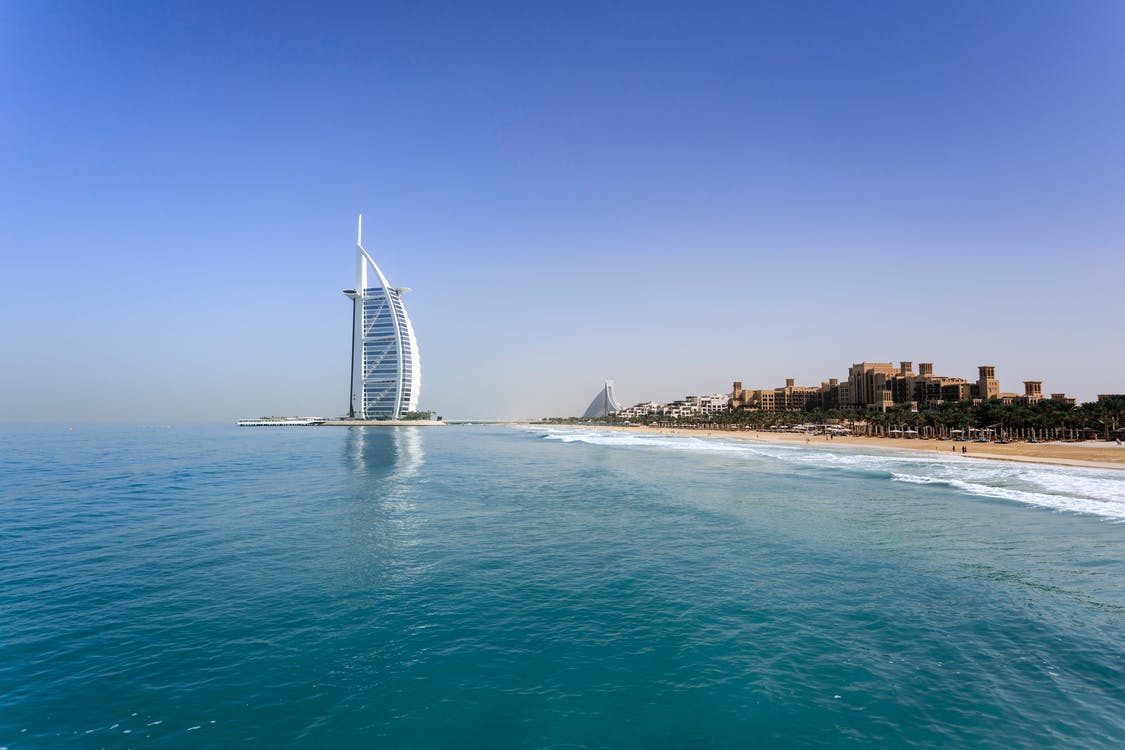After living almost 3 years into a pandemic, and whilst for a moment we thought that restrictions were easing in some countries with a bigger percentage of vaccinated people, we are now facing again with new strides of Covid-19.
New Zealand’s Prime-minister, Jacinda Ardern, gave an interview at Reuters Next about her thoughts and expectations, and some tips to other countries’ leaders that are concerned about this new wave we might be facing.
Q: Living on the 3rd year of covid and other policies that are implicated, is there any plan on domestic restrictions for the date up to 5 months, on travel? Other governments have open, and now they had to lock again. Are you confident that you have a plan and a schedule that will work for New Zealand, and what would you be watching to make sure that the system is adaptive?
JA: We are watching closely what is happening globally, and one of the benefits that NZ has is the ability to absorb those experiences, and that gives us the ability to see what happens with public health restrictions. We are transitioning now, we are giving the vaccines and the testing, but we are maintaining a level of public restrictions and checking numbers and having lower numbers within our people.
Q: What are you doing with easing domestic restrictions and reducing those most at risk?
JA: That derives all because of our response to covid. Right at the beginning, before we had any way to vaccinate or have any way to treatment, our decisions were based on our population and there would be those. We had an elimination strategy to not affect those who would have lesser immunity. Now we have the vaccine, we want to protect the population on an ongoing basis, using the vaccine but coupling up with other measures. We divided NZ by regions, in which the lower percentage of vaccinated people per region, has bigger restrictions than those regions with a higher level of percentage of vaccinated people.
Q: What about the vaccine mandates? That’s a topic that at a governmental level has attracted attention. What is your view about it?
JA: Here, we have taken a real health approach that we believed was appropriate and that we are having beneficial health effects for those that are more vulnerable, and in other places, we simply have given tools to the private sector to help us. We started by the outside workers, those that work abroad, then we advanced to our public sector, those that work with vulnerable people, our education workers – which is the largest group of unvaccinated (children) and finally moving to other workforces that aren’t working with vulnerable people but the private sector we do anticipate, and we provided tools for them to proceed. We found out that moving from this, the employees move forward to the vaccination procedures without the need to use a mandate.
Q: Stepping way back, what is the thing or things that you think that governments know that work now that would be the initial response at the course of the last 2 years now, thinking about the next pandemic or the global crisis. What do you think, or what is in your mind there?
JA: I think that we all built a familiarity with the health measure useful to stop the spread of these diseases. Basic hygiene, the importance of ventilation, we will see inbuilt and guide for the spaces, in education facilities and focus on ventilation measures. I think that in societies that haven’t been a culture of masks, I think we will see a great mask use, for instance, I hope that we have the infrastructure to highly build the prospects of vaccines in the future domestically, but internationally have a fund that can do that as quickly as possible. And finally for me would be information sharing. Science, a well-known science community, I really heavily on my health chief advisor, with a good communication gave the best intelligence on giving the most ideas and guides, so we can have the best plan to move along our way.
Q: Regarding the raise of the housing, the financial gap in people, raising of the market, for 1st-time buyers, for example, the government’s adjusted tax policy and just raised the whole economy, what else can be done here along with the attention that has been put on the supply side, and what could be done as a type of remedy to underinvestment and stock?
JA: I think that one thing that points us to a solution, here in NZ, is the effect that has not been experienced in all parts of the countries. Yes, we had housing price growth, and that points out the impact of full-price issues and growth issues, and one has been stripping the other but even though it’s not the only issue, but a good one. Increasing supply and removing the barriers, or reducing the barriers to that growth is critical, and record and consent in those areas that we need it the most. If we get those consents working, we can have affordable homes because of the reduction of the building materials, and on those areas more affected, then I believe we can start seeing a turnaround. We have a housing building program, and it is interesting to me that at this economic experience, for people to have stability and adapt and how they changed the meant views and impact on people.
Q: You have captured the Global attention, in part because of your agenda, tour office has been noticed by managing and leading through crisis, in the biggest picture terms, what is it that you’ve learned between being properly reactive to perceiving goals in the future?
JA: Well, you’ve summed it up, really. I’ve seemingly had come to the view that what we do here is, or what you are able to do in spite of the views that you don’t play for, and what I aimed was when I first came into the office was to aim into security and having to face the decision in which we wanted to eradicate something that no one in the world has ever know before. Those and those challenges like the mosque attack and the Volcano eruption, and arrange of the natural disasters and other pandemic issues. But for us, the only side effect is that you can’t postpone are the crisis you face, that actually goes to living day to day with poverty, housing increases, or the expectation that the next generation rightly heads out for us for the climate change, those all must be tended, and in fact, an economic crisis like the one we will experience via Covid, present the opportunity to make sure that as you rebuild and that it will stimulate in order to recover, that poses an opportunity to address those challenges at the same time and that needs to be with both hands. So that’s been our focus, and it will continue to be our focus, and that when I leave this job in New Zealand that it would be better than when we found it.
“The only side effect is that you can’t postpone are the crisis you face”
Jacinda Ardern
JA: “ngā mihi nui” (Thank you in Maori)




